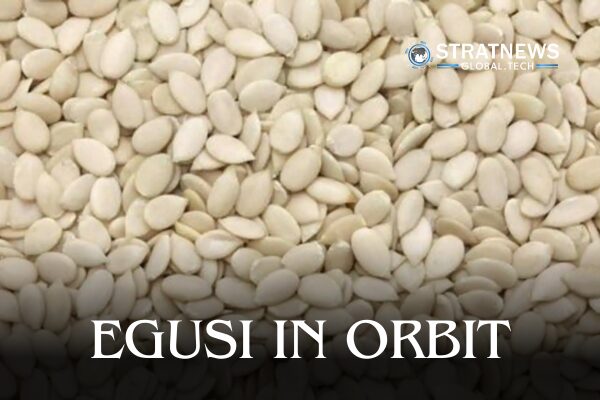Nigerian Egusi Seeds Make Symbolic Journey to Space
When Nigerian researcher Temidayo Oniosun chose egusi melon seeds for a space mission, it was more than just science. It was a cultural statement. The humble seed, commonly used in many West African dishes, became a symbol of African heritage on board the International Space Station (ISS).
Launched earlier this month from NASA’s Kennedy Space Center in Florida, the egusi seeds joined other heritage seeds from around the world in an extraordinary journey beyond Earth.
A Seed That Tells a Story
Egusi is a popular ingredient across Nigeria and West Africa. It is known for its high protein content and is a staple in many homes. Oniosun explained that choosing egusi was a way to make the mission relatable to Africans everywhere.
“Everybody in Nigeria eats egusi, and even other people in some West African countries and Africans in the diaspora, so this (mission) is something they could identify with,” Oniosun said. “Egusi is the seed that tells our story.”
The seeds used in the mission were sourced from markets in Oyo State, located in southwestern Nigeria. They were sent into orbit on August 1 and spent seven days aboard the ISS before returning to Earth on August 9.
From Earth to Space and Back
The launch almost did not happen due to bad weather, Oniosun shared. When the rocket finally lifted off, the moment felt surreal. It was a high-stakes mission that marked a major milestone for African involvement in space exploration.
The Nigerian Space Research and Development Agency (NASRDA) sent egusi and five other crop seeds as part of a government-backed agricultural research project. In addition, Oniosun’s organisation, Space in Africa, contributed egusi seeds as part of a cultural initiative.
Studying Seeds After Space Travel
Now that the seeds are back on Earth, researchers are studying how space affected them. University of Florida scientist Wagner Vendrame explained that the seeds will be grown in vitro. The goal is to observe whether microgravity changed their genetic structure or nutritional content.
“By looking at the changes in the plants and the seeds themselves, we can tell—are those plants still the same? Would they still provide the same level of nutrition to astronauts?” Vendrame said.
Oniosun believes the experiment is just the beginning. He hopes that African crops like egusi will one day be part of sustainable food systems on the moon and Mars.
“with inputs from Reuters


